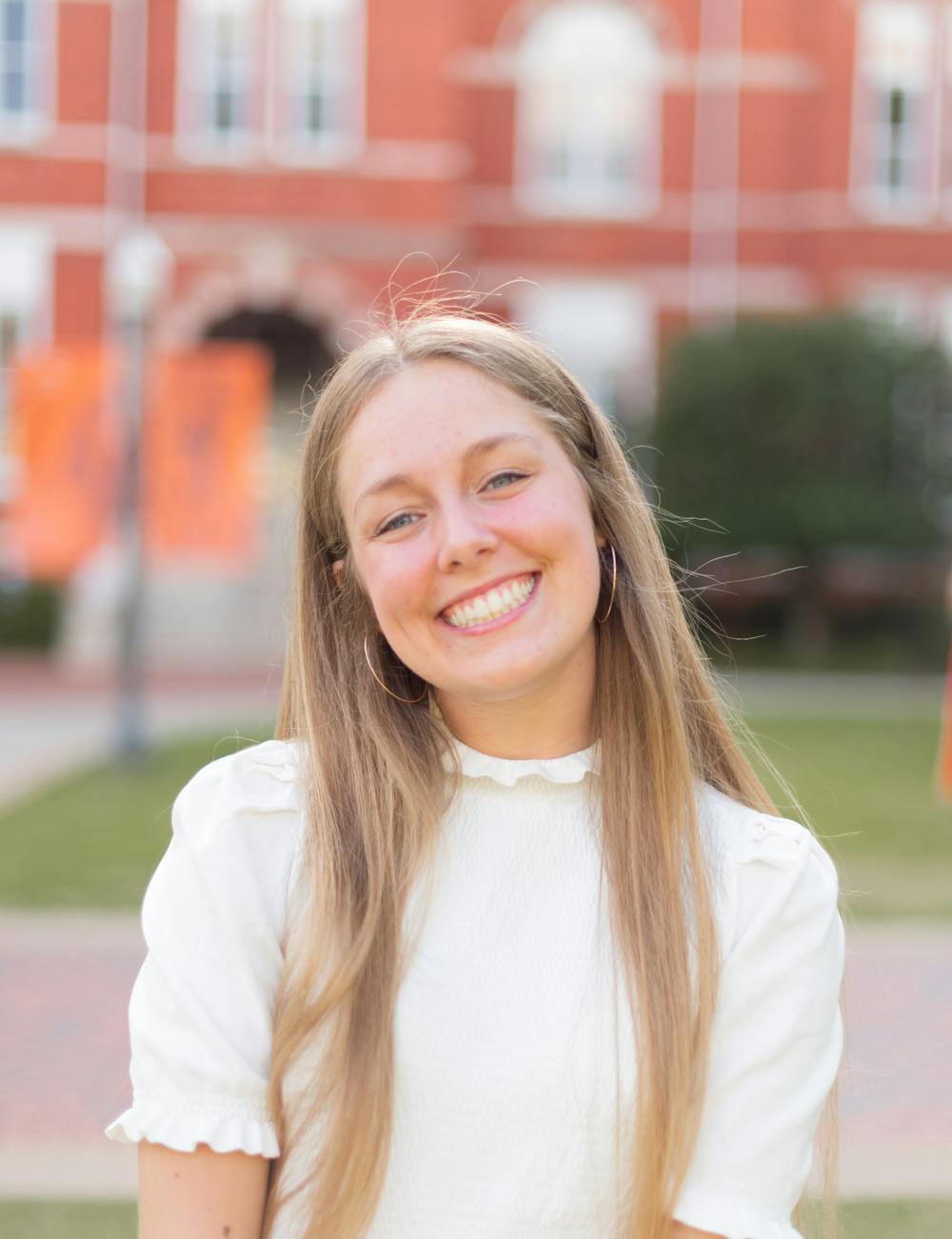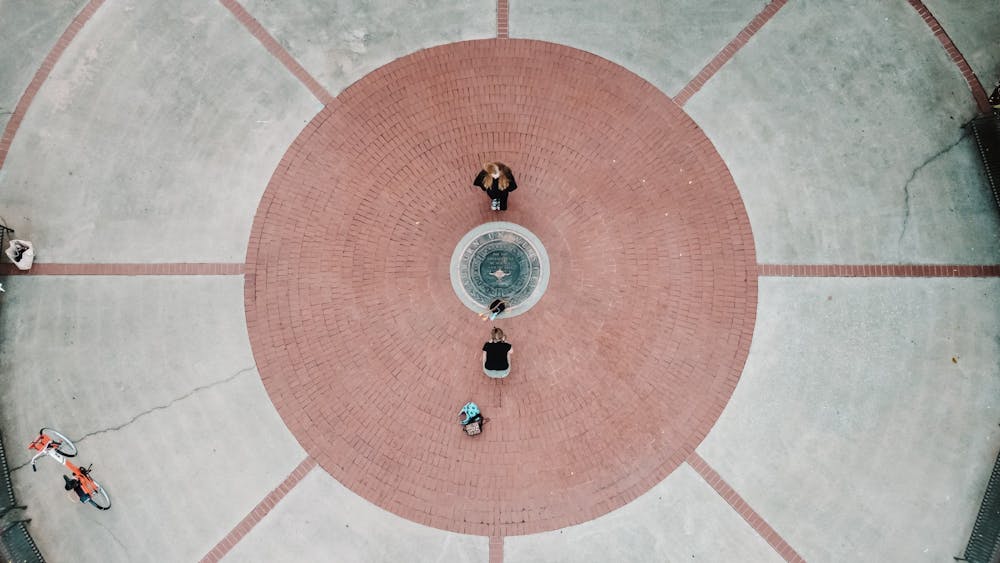Approximately 15 Auburn University international students and scholars have had their visas revoked because of “past criminal infractions.” Part of a national crackdown, Auburn University is one of numerous colleges and universities facing waves of visa revocations and record terminations led by the Department of State and Homeland Security.
The revocations are not connected to any recent protests or social media activity, instead, the criminal infractions listed were DUIs, public intoxication, shoplifting, driving without a license, failure to appear in court and even dismissed charges.
Students affected or concerned about their student status are encouraged to speak with Obrad Budic, the director of international students and scholars. Affected students who work for the university must cease immediately, as Auburn University can't issue new I-20s.
Students currently have two options— hire an immigration lawyer or depart the United States and apply for a new visa if they wish to continue at Auburn.
When asked for a statement, Auburn University's Jennifer Adams, Executive of Communication, and Andrew Gillespie, assistant provost of International Programs, responded with the following:
“We are aware that about 15 members of the Auburn University community recently had their visas revoked and records terminated by the Department of Homeland Security’s (DHS) Bureau of Immigration and Customs Enforcement (ICE) and Student and Exchange Visitor Program (SEVP). Auburn’s Office of International Programs immediately contacted each affected individual to provide assistance and support. Our international students and personnel are valued members of our campus community, and we recognize the significant impact that visa or status revocation will have on them. We encourage our international students and personnel to contact the Office of International Programs with any questions or concerns. We will continue to comply with all applicable laws and cooperate with authorities as required. This is a fluid situation, and the university will monitor it closely and assess its implications.”
The university also stated that colleges will be notified if any of their students or employees have complications with their visas. However, a university-wide email will not be sent out to avoid panic.
Several U.S. government agencies are involved with the arrival of international students and their status while studying in the country. The State Department oversees the visa application and issues the visa to the approved student. Once the student arrives in the U.S., the Department of Homeland Security oversees the student’s entry into the country and enforces international student regulations.
Before a student can apply for any student-type visas, they must apply and be accepted by an institution of higher education that is part of the Student Exchange and Visitor Program (SEVP). However, even if an institution is SEVP-certified and can issue I-20 and DS-2019 forms for visa applications, it may not have regional or national accreditation. The U.S. Department of Education and the Council for Higher Education Accreditation have databases that verify an institution’s accreditation status.
Once accepted, a designated school official (DSO) will send the student an I-20, a form all F and M Visa holders need during their time as a student in the U.S. The issued document proves a student’s eligibility for an F-1 or M-1 Visa. It also proves that the international student has sufficient financial resources to support their studies and occupation. For J-1 Visa holders, the designated sponsor will provide a DS-2019 form, otherwise known as the Certificate of Eligibility for Exchange Visitor (J-1) Status, which allows them entry into the U.S.
There are three types of visas that an international student can be issued for their time in the U.S., with the F-1 Visa and the J-1 visas being the most common. The F-1 Visa allows international students to study at an accredited U.S. college or university or to study English at an English language institute. J-1 Visas are primarily for students participating in an exchange program through either high school or university. M-1 Visas are the least common visas issued, with the purpose of the visa being for non-academic or vocational study or training in the United States.
After the Sept. 11, 2001, terrorist attacks, the DHS and Immigration and Customs Enforcement (ICE) implemented the Student and Exchange Visitor Information System (SEVIS). SEVIS is meant to be like a cross-check system for further security and visa compliance, according to Danielle Claffey, a partner at Atlanta-based law firm Kuck Baxter Immigration. The recent waves of visa revocations have involved ICE and DHS terminating students’ records in the SEVIS system.
“SEVIS is meant as an additional security check, so that when an individual is here in F-1 student status, that's their status here in the US, they also have to be what's called active in SEVIS,” Claffey said. “SEVIS is essentially a monitoring that acts as like a liaison between the Department Homeland Security and ICE, and the universities where the students are attending, so that if something happens, where, if a student violates their status in any way, [...] that warrants a termination of their nonimmigrant, F-1 status– which is their permission to be here in the U.S. and attend school– their SEVIS record is then deactivated or terminated.”
On Thursday, April 17, Charles Kuck, the founding partner of Kuck Baxter Immigration, asked U.S. District Judge of the Northern District of Georgia, Victoria Calvert, to grant a temporary restraining order for all 133 students the firm is representing nationwide. The temporary restraining order allows plaintiffs two weeks of their status being immediately reactivated to active and back in valid, nonimmigrant status.
“First, it [the lawsuit] was initially on an emergency basis, which was granted last week, and now a slightly more permanent basis through an injunction, hopefully after today, we should receive a decision in the next week,” Claffey said. “Really what we're looking for, is an immediate and also long term restoration of their SEVIS record and essentially their non immigrant F-1 visa status. That's what we're looking for through these court orders.”
Claffey explained that the last few months for their firm and other immigration firms has been a "whirlwind," with many of the recent federal rulings and visa crackdowns encouraging international scholars and students and anyone vulnerable to detainment or deportation to "self-deport," which is when an international student or scholar decides to immediately leave the U.S. without seeking legal advice or status reinstatements.
"You know, they are manipulating the minds of individuals that are both here, undocumented in the U.S. or not, you know, those who are lawful asylum seekers, those who are international students, who are pursuing degrees, investing a lot financially into for themselves and for universities across the country, you know, to have that just suddenly snatched away. It's it just we had to do something, right? This is our part. This is where we come in," Claffey said.
Claffey encouraged international students to reach out to those in the legal field, even if some have not felt vulnerable to recent visa revocations and pressure. Claffey also ensured that any communications with a lawyer would be kept confidential.
“Any communication with any attorney is completely confidential in nature. [...] It's almost like speaking with a counselor, right? Don't shy away from something like that.If you need help with something physical, you speak to a doctor. If you have mental health issues and concerns, speak with a counselor or psychologist. If you have concerns over your immigration status, and want to be armed with what you need to know, speak with an immigration attorney,” Claffey said.
Claffey explained that those with revoked visas should not leave the country, as their chances for getting a new visa to reenter the U.S. become significantly lower.
Claffey also said that the Kuck Baxter Firm rejoined forces with other law firms based in different cities, Bless Litigation in Boston, MA; Joseph & Hall in Denver, CO; and Siskind Susser in Memphis, TN to form a second round of litigation for those who have had their SEVIS registration revoked by ICE on or after April 1, 2025.
The Kuck Baxter, Joseph & Hall and Siskind Susser firms formed an organization called IMMpact Litigation, where the three would do litigation in mass with multiple plaintiffs. The organization stalled because of the COVID-19 Pandemic, but with recent crackdowns, has ramped back up.
“We just in the last 24 hours, have decided that we are going to move forward, essentially, with a round two litigation on a on an even much larger scale than the initial 133,” Claffey said. “[...] I will forward their information to a SEVIS litigation email, and they'll receive an auto response that will give them the instructions for the next steps, a link to go to and so on.”
Those interested in joining the next round of litigation must have their contract and payment secured by noon on Monday, April 28, according to Claffey. To be a part of the lawsuit, read IMMpact’s FAQ to learn more about whether you qualify. IMMpact does not have the ability to discuss individual case situations, and those part of the lawsuit are not hiring IMMpact as an individual immigration lawyer. Those in need of an individual lawyer outside of the lawsuit are welcome to hire counsel from the individual firms if they do not have a lawyer already established.
Do you like this story? The Plainsman doesn't accept money from tuition or student fees, and we don't charge a subscription fee. But you can donate to support The Plainsman.

Brychelle Brooks, senior majoring in public and professional writing with a minor in information systems, has been with The Auburn Plainsman since August 2023. She previously served as the Campus Reporter, Opinion Editor and Newsletter Editor. She is currently serving as the Editor-in-Chief.

Sami Grace Donnelly, senior in English literature, began writing for the Plainsman in the fall of 2021. She has served as a columnist, writer abroad, Opinion Editor, managing editor and is now Editor-in-Chief of the Plainsman.
Michaela Yielding is a senior in journalism currently serving as the news editor. She has been with The Auburn Plainsman since fall 2023.





